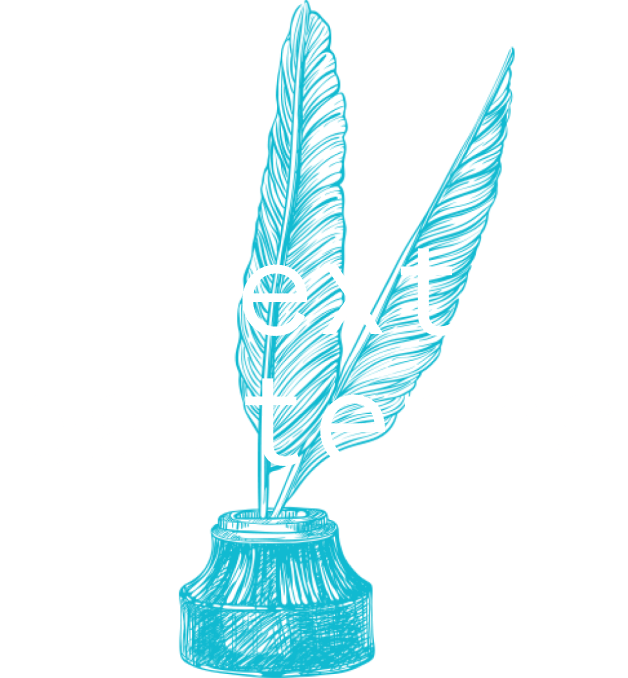May 1, 2017
help wanted from thoughtful people
Suppose you’re a person who believes that anthropogenic climate change is very real and very, very bad news. Suppose further that you believe that portrayals of a future of chaotic weather and massively destructive rises in sea level — e.g., the portrayals we see in Kim Stanley Robinson’s recent novels — are not manifestations of...

